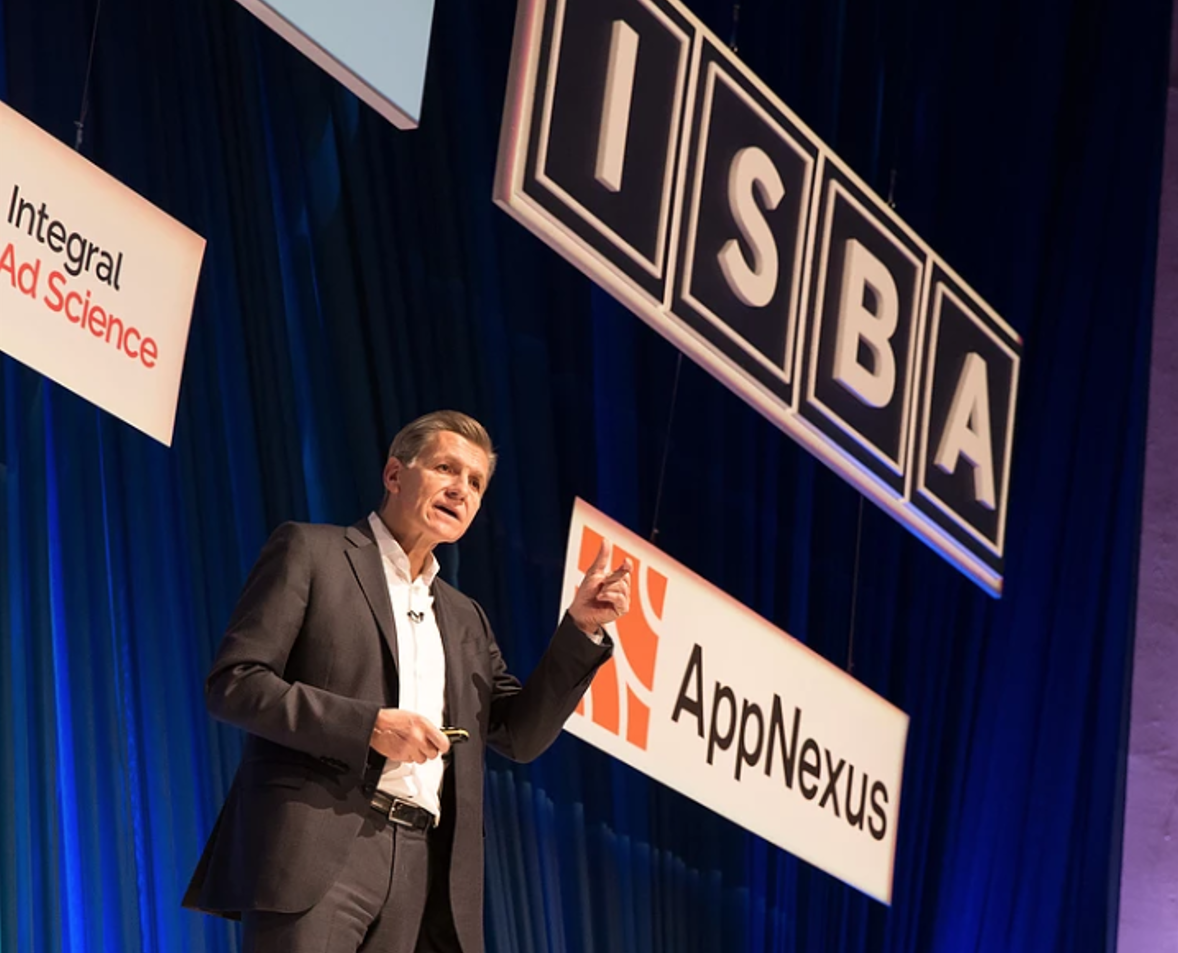
Control matters. It always has in this business. But recently it has seemed as though the media industry has been veering off the rails, brands overwhelmed by the dangers lurking in the digital ecosystem and underwhelmed by the general response of their agency partners.
At the ISBA conference this week, we reached a watershed moment in the ongoing saga surrounding media transparency, accountability and verification. An encouraging sense of optimism and composure was evident among brands.
Embodying this confidence was Elizabeth Fagan, who reinforced ISBA’s four key priorities for ensuring higher standards for brands, and overcoming what she observed to be a passive acceptance of the evolved media landscape. With a stake in the ground from the very outset, the theme of ‘control’ dominated proceedings.
This echoes our own Media2020 survey last year, in which over 250 senior marketers participated. In fact, those findings anticipated much of what was discussed at the Troxy. Empowerment was evident in our survey, with more marketers now positive about their ability to contribute to business success as they become more knowledgeable and capable fuelled by ownership of customer data.
Marc Pritchard’s message to peers was equally emphatic. He claimed that marketers had relinquished too much control. He talked about the need to transform the industry, taking it out of auto-pilot from “wasteful mass marketing” into mass one-to-one brand building fuelled by data and technology.
In our Media2020 study, 78% of respondents confirmed that data analytics and insight was now a critical media capability. The ownership of customer data is changing media planning, the fundamentals of which are personalisation of content, relevance of messages and holistic communications touchpoints. Control of customer data will provide greater visibility over the customer journey and afford greater accountability and authority to marketers in the boardroom.
Pritchard also stressed the need for more dynamic creative and media operating models. He explained that brand growth could only be achieved if marketers focus less on project management and more on brand management, aligning media and creative. In our Media2020 study, we found that over 80% of marketers felt a significant organisational change was needed to deliver agile internal and external operating models.
Importantly, our research also reveals that the future ecosystem would be far from homogenised. P&G’s solution may ultimately work for P&G, but each brand’s operating model will be different.
Another fascinating thread running through the conference was the stand-off between brands and technology platforms – brands are demanding quality over quantity, preferring curation over automation. Carolyn McCall called out digital bias, explaining that media must now deliver ROI across growth, profit and brand health metrics. This re-appraisal of digital (the “flight to gold”) is already underway amongst the brands we work with, with less than half marketers now shifting funds out of display into owned and earned digital channels.
Every speaker addressed accountability and the need for control. This was no longer a warning shot just for agencies, but also for brands, where personal accountability is equally paramount. Control is not a passing phase or a new buzzword, it should be the norm. If we are to take only one message away from the ISBA conference, it is that brands have now taken accountability into their own hands.
So how should agencies respond? In this new world order, the best advisors are those which don’t just pay lip service to the requirement for control and accountability, but those which are prepared to show their clients how to achieve it and accompany them on the journey. This will take bravery and nerve for many network agencies, but the payback – restoring trust and credibility to client relationships – will be worth it.